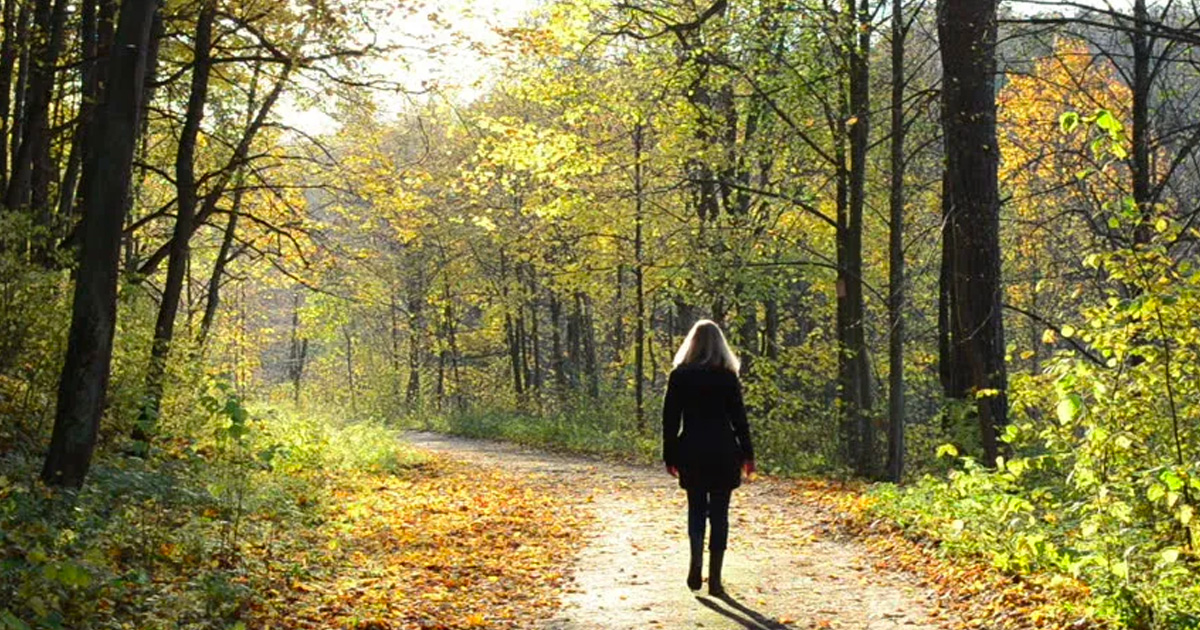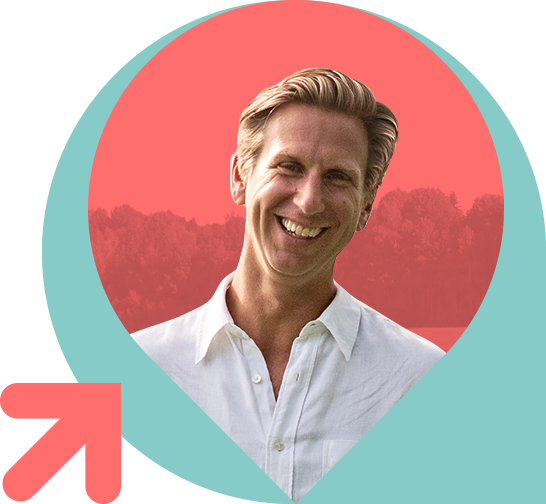Retreat to move forward

We are 110% busy already. How can we possibly find two days to go away, or retreat from our lives? Surely that is just self-indulgent anyway? Even if we can get our heads around this, how do we retreat? Silently? On our own? In a small group or with 1000s of others at at Tony Robbins’ event? How do we know it is going to do us any good? Why do we instinctively feel jealous of those that do go “on retreat?”
In the business world, retreats, or “offsites” as they are more commonly known, are long established. A chance to step back from the day-to-day firefighting to think more strategically and plan ahead. The most effective companies I work with do this twice a year. The idea is to take time away from working “in” the business to work “on” the business. Why then would we not apply this to our lives? Work on ourselves rather than always being in ourselves?
It is hard to make big decisions on the fly, when we are consumed with demands of email, work, family and friends. It is also hard to make big decisions on your own, to gain the clarity that enables a good decision or change to be made. It is hard to make plans while we are just getting through the days, hard to figure out what is making us feel restless, anxious and just a bit “off”.
All of this leads to me to strongly suggest you find a way to take one to two days out to work on YOU at least once a year. In his book, ‘The Art of Loving’, Erich Fromm argues that “only a person who has faith in himself can be faithful to others”. Essentially, he is pointing out that unless you love yourself, and look after yourself first, there is no way of being of service to others in the long term.
Without YOU there is no-one else; there are no relationships or impact in your community. Does going on retreat still seem self-indulgent? No. It seems like an absolute necessity. Being available and showing up for others means having your own house in order first.
I have just finished leading a 24-hour retreat for six founder CEOs. The whole experience was incredibly powerful for the group and for me. What struck me was watching the them bond so quickly and move to help each other in ways I could not have predicted. Whilst I provided structure, some knowledge and ongoing challenge, much of the impact came from within the group. They worked in different pairs throughout the retreat and they all found this short experience to be life changing. We looked at defining our life purpose, improving our own performance (around eating, sleep, exercise, and state of mind) and finally, the key relationships in our lives.
This was made more intense by everyone handing their phones in at the start. A 24-hour tech break ensured that everyone was present in a way they had forgotten how to be. Totally without compromise.
Whilst I have no doubt that silent, solo, or large group retreats have huge value, somehow I was not prepared for the power of a small group working with a facilitator. I had already coached some of the participants in a 1-2-1 environment and it quickly became clear they were gaining insights from the group that were not available in our sessions. The combination of individual and group work emerged as highly compelling.
This is not a plug to retreat with me. It is a plug to retreat full stop. Even walking for three hours with a friend or your dog is a form of retreat. Creating and taking space allows our minds and bodies the latitude to work on the knotty issues lurking under the stormwater of daily life. Some preparation beforehand can really help make the most of your retreat time. Here are the questions we used on the retreat.
Whats feel realistic for you? Half a day, an overnight? On your own or with a friend? Organised by someone else or by you? What matters is that you reach for your diary – now – and block out some time and commit to retreating. Give yourself the gift of creating the future you want.
Ed
More Articles
Organisational health - the heartbeat of a business
Organisational health- the heartbeat of a business When we talk about business success, we often look first at strategy; the clever plan, the…
Rituals
Rituals surround us at work, in society and at home. They help manage emotions- think about what happens when someone dies…
How to take the right risks
Individuals and organisations can both benefit from a more entrepreneurial approach. Starting a new business, solving difficult problems…


